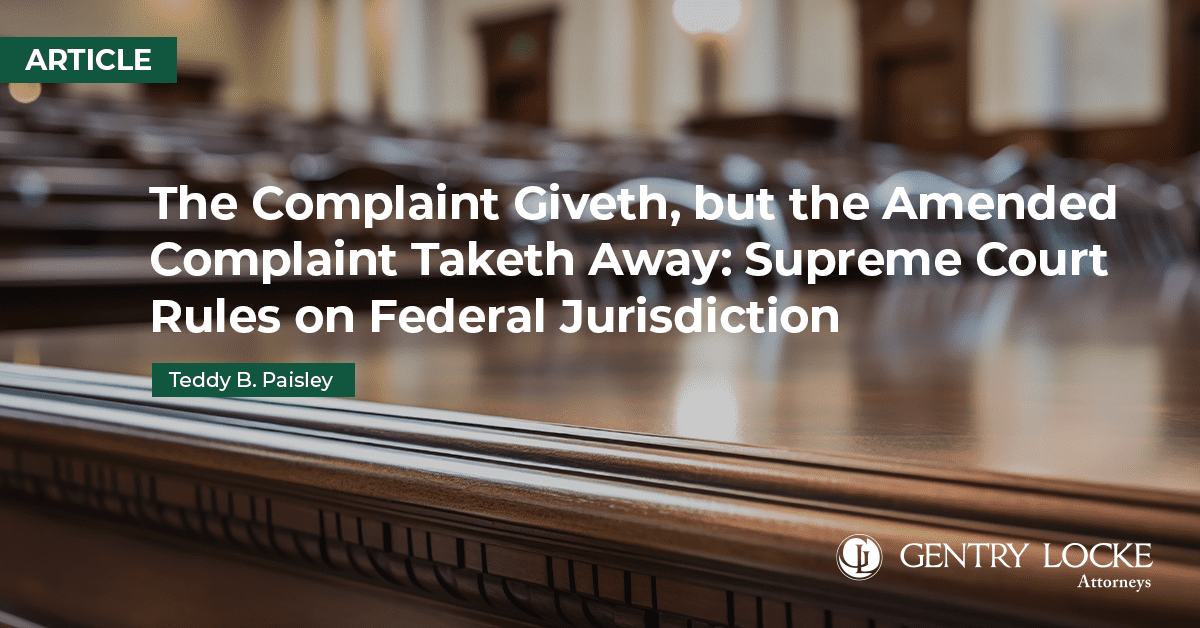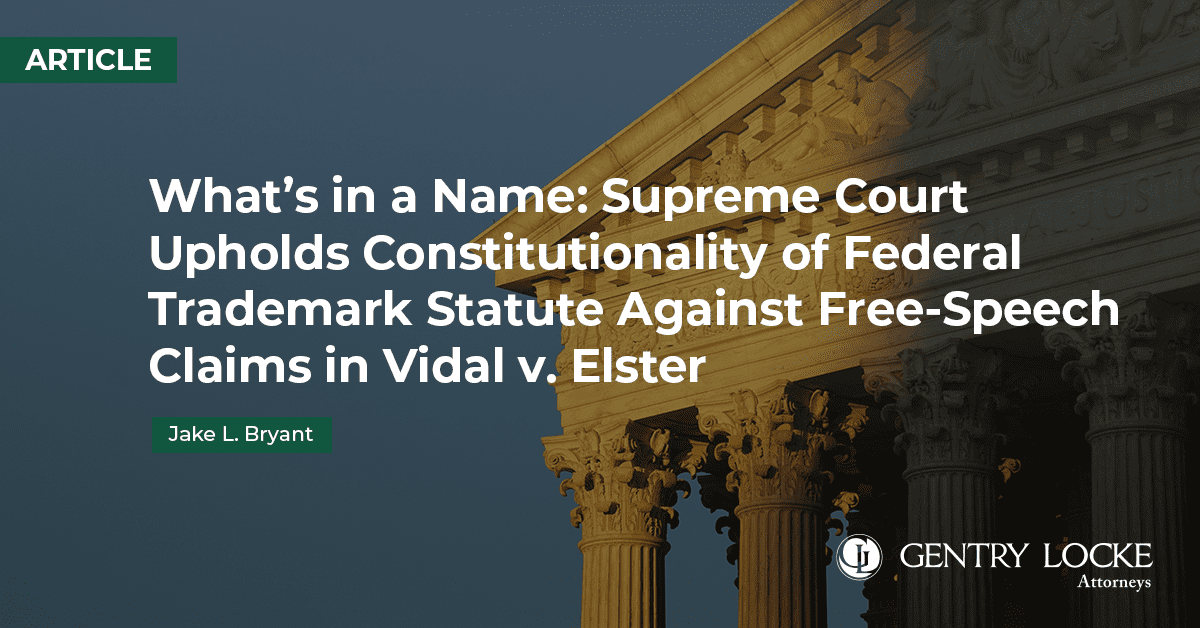The Complaint Giveth, but the Amended Complaint Taketh Away: Supreme Court Rules on Federal Jurisdiction
In Royal Canin U. S. A., Inc., v. Wullschleger, No. 23-677, 2025 U.S. LEXIS 365 (2025), the Supreme Court of the United States resolved a circuit split as to whether a plaintiff’s amendment of her complaint after the defendant’s proper removal to federal court can eliminate all federal claims and force remand to state court. This opinion, the Court’s first of 2025, clarifies that federal courts must remand if the amended complaint removes the basis for federal jurisdiction, even if jurisdiction existed at the time of removal. The plaintiff, Ms. Wullschleger, sued Royal Canin in Missouri state court, alleging deceptive […]








